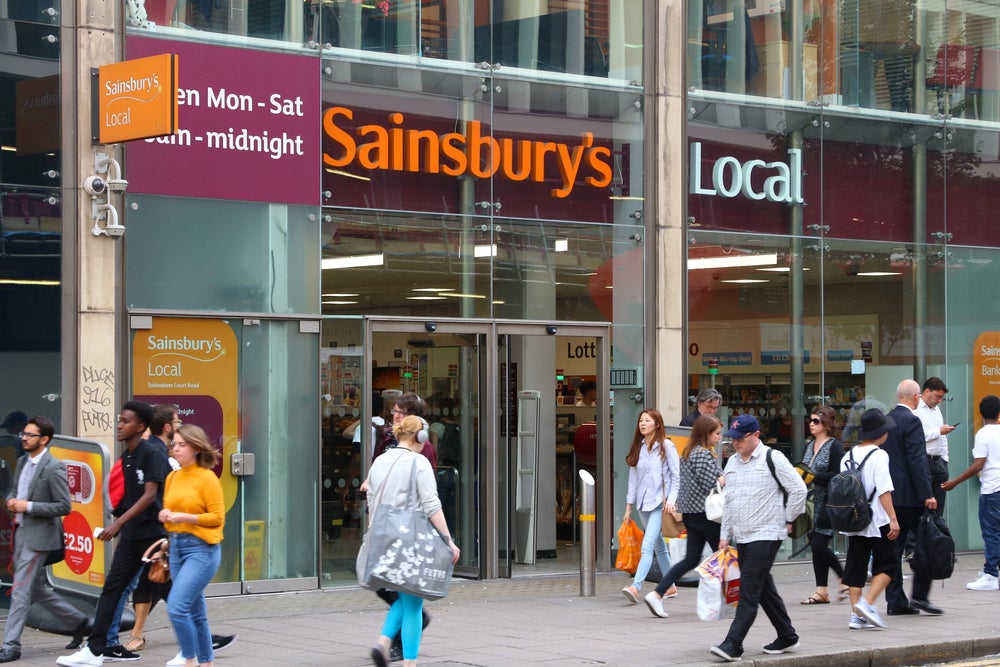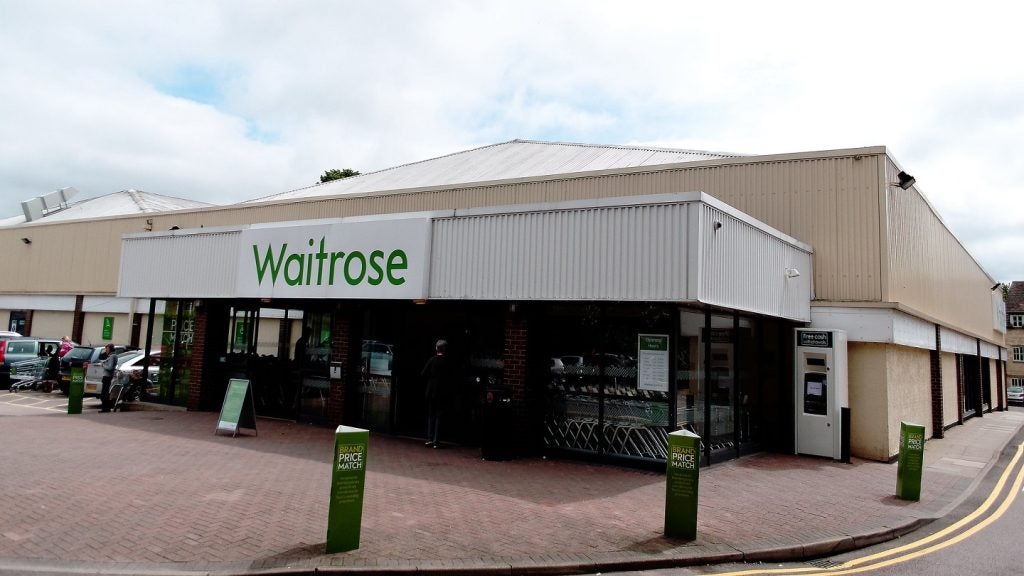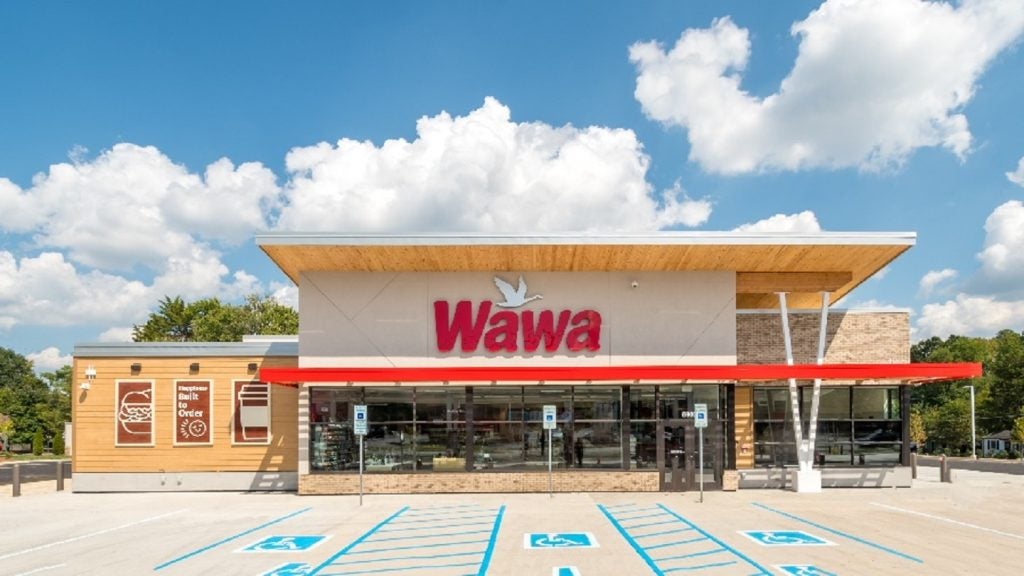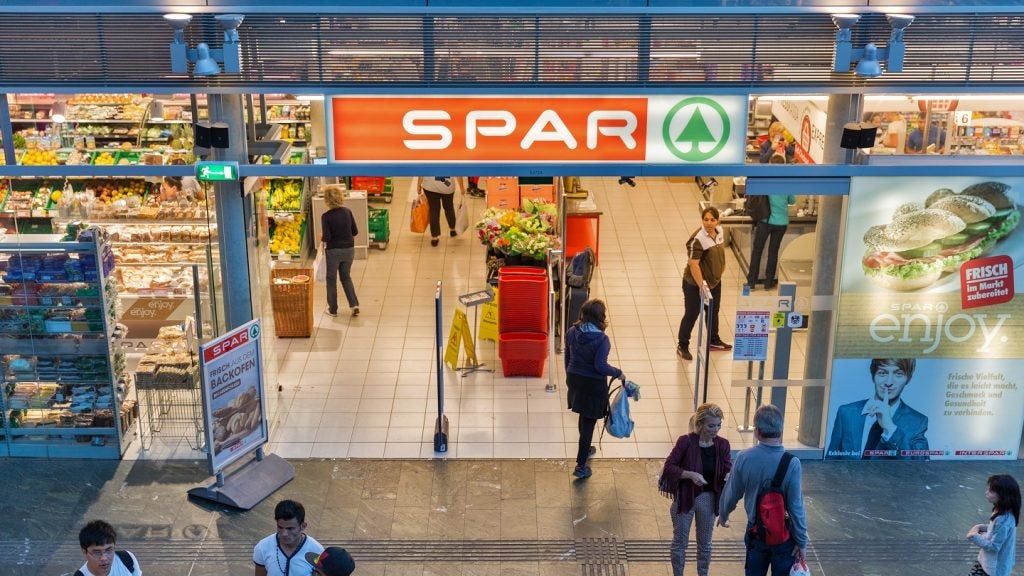Sainsbury's, one of the UK's major retailers, has taken a significant step towards reducing plastic waste by announcing a shift from plastic to paper packaging for its entire range of own-brand toilet paper and kitchen towels.
This transition marks a substantial environmental effort aimed at saving 485t of plastic annually, equivalent to more than 55 million plastic items each year.
The multi-channel retailer says the initiative stands as the most substantial plastic reduction initiative within its grocery business.
Paper packaging implementation across product range
This move towards paper packaging will be implemented across 27 product variants, becoming visible to customers both in stores and online starting this week.
The complete transition to paper packaging is expected to be in effect for all product lines by February of the following year.
The new paper packaging has been designed for easy at-home recycling through kerbside recycling programs, aligning with Sainsbury's commitment to sustainability.
Building on previous efforts
Sainsbury's had previously initiated sustainability efforts, such as the introduction of double-length toilet rolls, which reduced plastic packaging by 30%, resulting in an annual saving of 84t of plastic.
In conjunction with its packaging transformation, Sainsbury's has made efforts to ensure affordability for its customers. The retailer recently reduced the prices of select own-brand toilet paper and kitchen towels, passing on more than £4m ($4.9m) in savings directly to consumers.
These price reductions align with Sainsbury's focus on maintaining competitive prices for essential household items.
A broader focus on plastic reduction
Sainsbury's ongoing commitment to reducing plastic waste extends beyond its packaging transition. In the previous month, the retailer replaced plastic babywear hangers with cardboard, resulting in an annual reduction of 103t of plastic.
Earlier this year, Sainsbury's also made the switch from plastic to cardboard cartons for its own-brand laundry detergent, saving an additional 22t of plastic annually.












